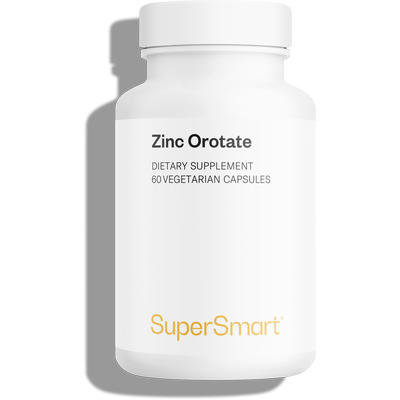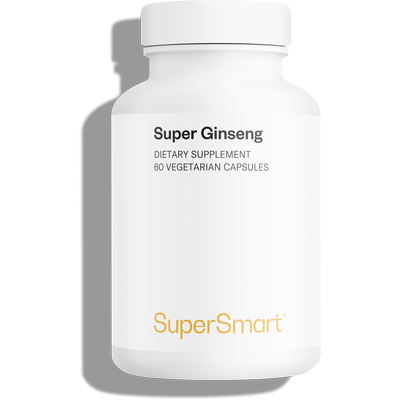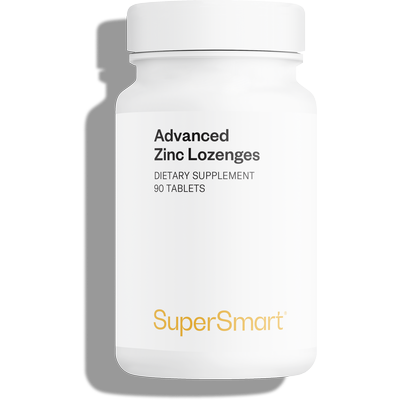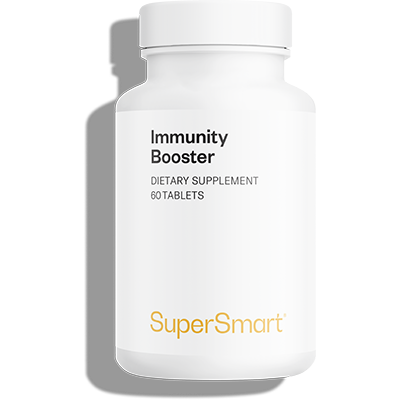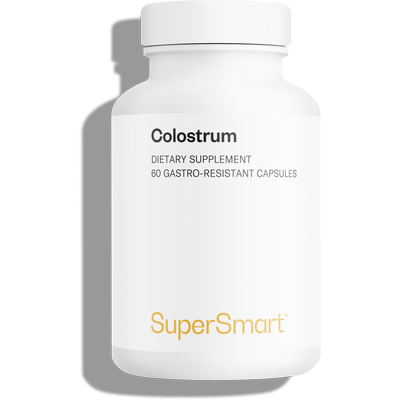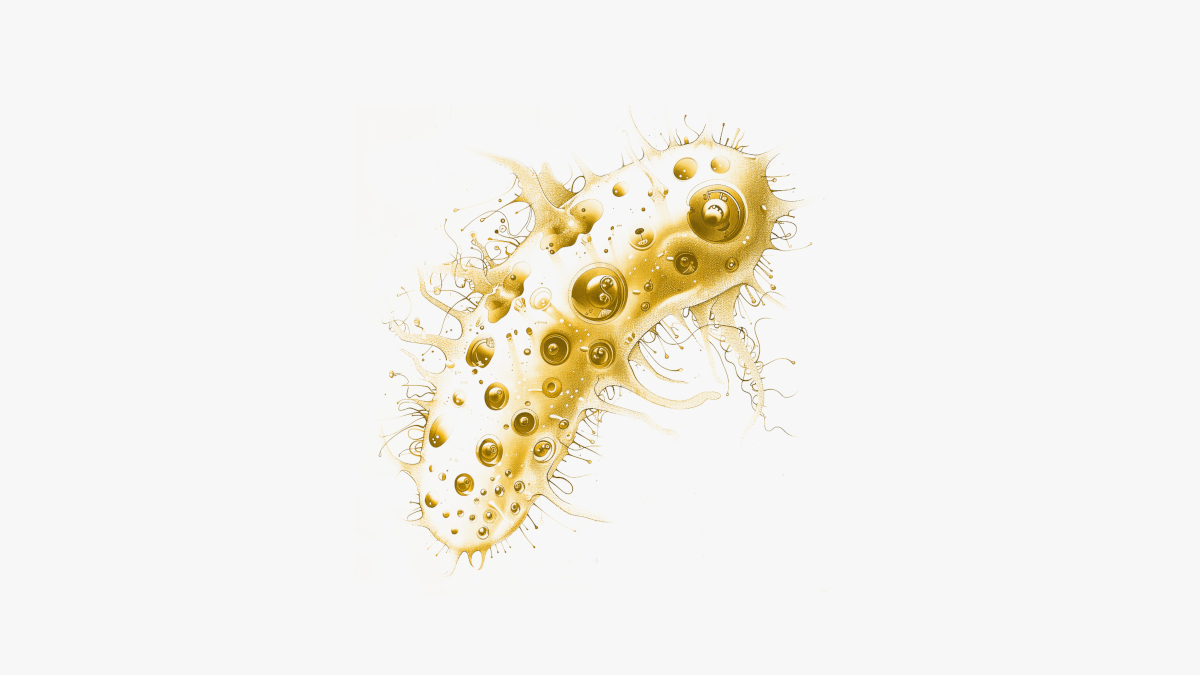
Main elements of the immune system
Physical barriers: the first line of immune defence
In order to contaminate and then infect the body, a microbe must first cross a physical barrier such as the skin or mucous membranes of the airways. Some of these barriers have active immune functions and are able to quickly neutralise intruders.
One such example is the skin’s outer layer, the keratinised epidermis, which secretes antimicrobial mini-proteins (defensins) and substances able to inhibit excessive microbial growth, such as lactic acid.
The same principle applies to the digestive tract mucosa which secretes lysozyme and lactoferrin.
Many immune cells responsible for patrolling and eliminating intruders are also present at barriers, such as mastocytes and intraepithelial lymphocytes on the skin, and neutrophils on the cornea, the clear outermost layer of the eye.
These barriers are also home to commensal bacteria, which live in symbiosis with us and which constitute an additional biological obstacle to potential attackers.
The majority of microbes are thus prevented from entering the body, though some will inevitably succeed in breaking through.
Innate defence mechanisms
When anatomical barriers are breached, the body must first identify the intruder (the ‘non-self’).
It therefore has a largely specific second line of defence: innate immunity. Receptors located on the surface of certain cells (including ‘dendritic cells’) are able to attach themselves to ‘common’ types of intruders, which they recognise without having come across them before. It’s as if we are born with a generic list of key enemies likely to infect us, that have several distinctive patterns and signs (pathogen-associated molecular patterns or ‘PAMP’).
For greater reactivity, our receptors are also able to recognise molecules made by human cells that have been infected by these intruders (danger-associated molecular pattern or ‘DAMP’).
Several immune players then enter the fray.
- Phagocytes (such as neutrophils, monocytes and macrophages) ingest and destroy the foreign molecules (antigens) recognised by the body.
- Polymorphonuclear leukocytes (neutrophils, eosinophils, basophils, mast cells) arrive at the scene and release molecules that will trigger inflammation, a typical immune system response marked by a rise in temperature, pain and vasodilation (increased blood supply to facilitate the arrival of the immune players).
- NK (Natural Killer) cells destroy infected human cells and certain cancer cells.
Acquired defence mechanisms
When an intruder is encountered for the first time, a second system is set in motion: acquired immunity.
White blood cells called lymphocytes (T and B lymphocytes) learn and memorise the specific nature of the intruder in order to attack it more effectively should it reappear in the future. To do so, these lymphocytes need helpers, antigen-presenting cells (dendritic cells, monocytes…), which digest the intruder and reduce it to fragments.
Some of these lymphocytes then develop into memory cells which live for years or even decades. And when they re-encounter their specific aggressor, they are able to transform themselves into antibody-producing cells (plasmocytes).
Also called immunoglobulins (igg, igm, iga, ige…), antibodies bind specifically to the pathogens they’ve learnt to recognise, and protect the body in several ways:
- by helping phagocytes to engulf antigens;
- by inactivating toxic substances produced by the intruders;
- by preventing bacteria and viruses from attaching to, and overwhelming cells;
- by helping NK cells to destroy infected or cancerous cells.
Vaccination is based precisely on this acquired (or adaptive) immunity, a key role of which is to produce specific antibodies to fight a targeted aggressor.
Other immunity players
Innate and acquired immunity interact and influence each other during the immune response. Many other players become involved in this process (1).
- The complement system, around 30 proteins which are activated sequentially, like a cascade of reactions. They support the immune response by attaching to intruders and attracting phagocytes.
- Cytokines which are the immune system’s messengers. They are produced by many immune system cells when an intruder is detected.
- Lymphoid organs, which are the sites of white blood cell production and multiplication. They also trap intruders by bringing them together and enable immune cells to collect in one place so they can interact better with each other. They include the thymus, spleen, bone marrow, strategically-located lymph nodes, tonsils, and appendix.
The immune response ceases once the intruder is eliminated from the body.
The best natural ingredients for boosting your lines of defence
Zinc & immunity
Zinc is a trace-element present in every cell in the body. It supports normal immune system function through at least three distinct mechanisms (2):
- It is involved in the maturation, differentiation and protection of B and T lymphocytes.
- It is a mediator of the immune response within cells.
- It is essential for the biological activity of enzymes involved in the immune response (particularly thymulin).
In general, the body absorbs between 15% and 40% of the zinc present in food, the main sources being meat, nuts, fish and seafood, but zinc supplements can help to both compensate for any shortfall and normalise the immune system. Zinc orotate (Zinc Orotate) and zinc bisglycinate (Advanced Zinc Lozenges) are the forms best-absorbed and best-tolerated by the body.
Echinacea, the protective plant of Native Americans
A traditional Native American remedy, echinacea is a plant extensively studied for its potential to modulate the body’s defence system.
It is now one of the most widely-used medicinal plants in Europe and North America.
While we don’t yet know all its precise mechanisms of action, echinacea appears to stimulate production of certain cytokines and help to activate various immune cells (macrophages and lymphocytes), as a result of its high content of alkylamides and echinacoside (3-4), especially when taken in the form of a dietary supplement (Immunity booster).
Colostrum and its antibodies
Colostrum is a substance produced by all female mammals in the first days after giving birth.
Rich in proteins and antibodies, key molecules for the immune system and the fight against pathogens, it also contains vitamins, minerals, anti-infectious molecules (lactoferrin and lysozyme, in particular) and zinc, which helps to normalise the immune response.
Some supplements in the form of gastro-resistant capsules (such as Colostrum) maximise the substance’s benefits.
Immunostimulant effects of ginseng
Like echinacea, ginseng is one of the plants termed ‘adaptogens’ which help the body defend itself against attack.
It is its high content of ginsenosides which gives it this ability to support the immune system (5-6), by stimulating defence cells such as lymphocytes, and by supporting production of interferons, cytokines produced naturally when pathogens enter the body.
For optimal effects, it’s best to choose a ginseng supplement standardised in ginsenosides (such as Super Ginseng).
SUPERSMART ADVICE
References
- Chaplin DD. Overview of the immune response. J Allergy Clin Immunol. 2010 Feb;125(2 Suppl 2):S3-23. doi: 10.1016/j.jaci.2009.12.980. PMID: 20176265; PMCID: PMC2923430.
- Zinc for the common cold. Singh M, Das RR. Cochrane Database Syst Rev. 2011 Feb 16;2:CD001364.
- Goel V, Chang C, Slama JV, Barton R, Bauer R, Gahler R, Basu TK. Alkylamides of Echinacea purpurea stimulate alveolar macrophage function in normal rats. International Immunopharmacology, 2002 Feb; 2 (2-3) : 381-387.
- Sullivan AM, Laba JG, Moore JA, Lee TD. Echinacea-induced macrophage activation. Immunopharmacol Immunotoxicol. 2008;30(3):553-74. doi: 10.1080/08923970802135534
- Scaglione F, Cattaneo G, et al. Efficacy and safety of the standardised Ginseng extract G115 for potentiating vaccination against the influenza syndrome and protection against the common cold [corrected]Drugs Exp Clin Res 1996;22(2):65-72.
- McElhaney JE, Gravenstein S, et al. A placebo-controlled trial of a proprietary extract of North American ginseng (CVT-E002) to prevent acute respiratory illness in institutionalized older adults.J Am Geriatr Soc. 2004 Jan;52(1):13-9. Erratum in: J Am Geriatr Soc. 2004 May;52(5):following 856.
56 Days
Very happy with the order and the…
Very happy with the order and the prompt team's response to an identified issue with my order.
KUQI Fatmir
63 Days
15 + years as a customer
I have been using their products for over 15 years as I find both the quality and pricing excellent.
Del Chandler
65 Days
Good quick delivery
Good quick delivery
Timothy O Shea
66 Days
Good service
Good communication following order. Product came within the time frame and was well packaged. The only confusing thing I found was in checking out. For some reason it is not clear how to do so and the current system should be improved.
Joe O Leary
75 Days
Simple and fast.
Simple and fast.
Nina
76 Days
Great product was definitely what is…
Great product was definitely what is says and arrived on without issue
customer
82 Days
I love reading those product facts on…
I love reading those product facts on Supersmart.com. Effective health products making permanent changes to my blood-work results and testes. However, I also have to order capsules from other websites.
NORDGULEN Olav
84 Days
Great products
Great products Very easy to choose, to order… and to get at home
Federica mastrojanni
87 Days
Service rapide et bons produits
Service rapide et bons produits
customer
88 Days
Good products and fast delivery
Good products and fast delivery
Trusted
93 Days
Does what it says on the can
I believe in this product Made to highest standard The ordering process is straightforward Delivery time prompt Excellent product, excellent service Happy customer ❤️
Sheba Kelleher
98 Days
Excellents produits
Excellents produits. Rien à dire si ce n'est qu'ils sont très chèrs.
MJS_France
100 Days
Very good supplement
Very good supplement
Glaveash
101 Days
Supersmart supplements are really…effective
Supersmart supplements are really effective and have helped me and family members and friends to improve their health including some of us with severe health problems including some with no existing medical treatment.
Anne Georget
103 Days
SuperBig Supersmart
SuperBig Supersmart
Pierre

